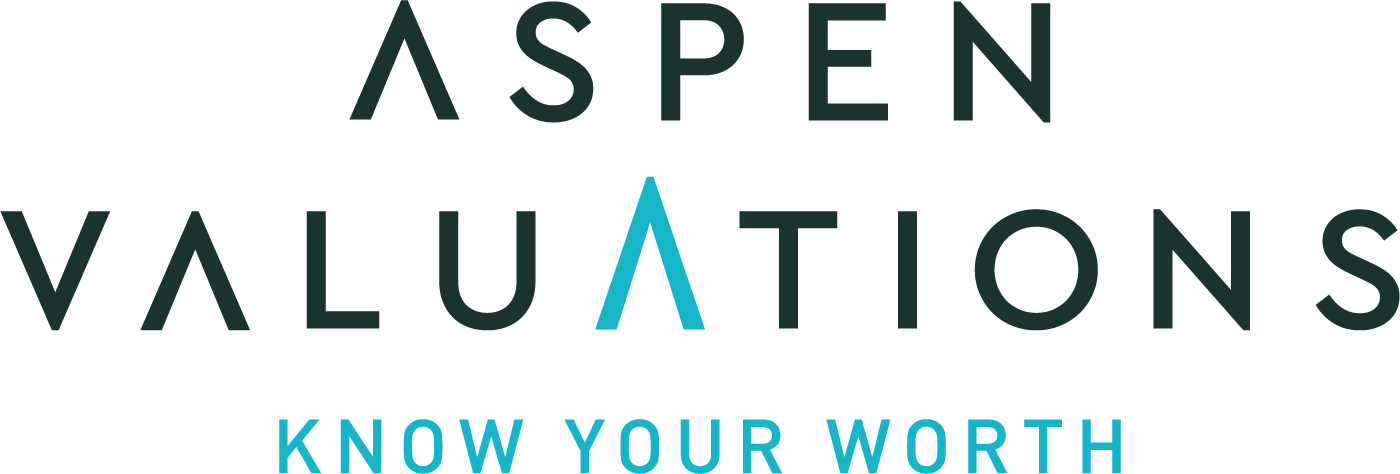The effect of international markets on SaaS valuation
5 min read time.
In the era of globalization, the software as a service (SaaS) industry has been one of the most active in expanding beyond domestic borders. With the potential for growth and scalability in international markets, SaaS companies are increasingly aiming to cater to a global audience. This cross-border expansion brings its own set of challenges and opportunities that significantly impact the valuation of SaaS companies. This article aims to shed light on the effects of international markets on SaaS valuations.
Understanding SaaS Valuation
Before delving into the topic, let’s quickly recap what makes SaaS valuations unique. Traditional valuation metrics, like revenue or net income, are certainly important. However, SaaS businesses also have specific factors like Monthly Recurring Revenue (MRR), Customer Acquisition Costs (CAC), Churn Rate, and Customer Lifetime Value (CLV) that play crucial roles in their valuations.
The Impact of International Expansion
Now, let’s examine how international markets can affect these factors and thus the overall valuation.
Increased Market Size: Entering international markets inherently means access to a larger customer base. This can lead to a significant increase in MRR, a key SaaS valuation metric, thus potentially boosting the valuation. However, from a business valuation standpoint, this expansion also involves several considerations related to capital expenditure, investment, and risk.
First, the cost of entry into international markets can be substantial. These costs include, but are not limited to, setting up physical offices, hiring local staff, investing in marketing and promotion, and adapting products or services to suit local market needs. It is also crucial to account for ongoing costs such as those related to maintenance, operations, and customer support.
Second, legal and regulatory compliance can pose significant challenges and costs. We discuss in detail below these challenges.

Customer Acquisition Cost (CAC): The CAC can vary significantly between countries due to differences in marketing costs, competition, and customer behavior. A lower CAC in a new market can improve the company’s valuation.
CAC can be influenced by many factors, such as the market’s maturity, the target audience’s behavior, marketing channels used, and the level of competition, which can vary between regions and countries.
Churn Rate: Customer retention can be a challenge in new markets due to cultural differences, competition, or service quality. A higher churn rate can negatively impact the valuation. It is often the case that European SaaS companies have a longer CAC payback period compared to their US counterparts.
Regulatory Environment: The regulatory environment in international markets can affect the cost of business and the potential for growth. Regulatory hurdles can dampen a company’s valuation.
The regulations and guidelines in each jurisdiction dictate how processes are set up within an organization and work to ensure that the organization stays compliant across the world or over specific regions. These legal requirements could dictate how you calculate taxes, how you handle customer data, what your financial statement should contain, and how often you can send emails to your users. There are specific regulations regarding cybersecurity, revenue recognition, data protection and many more.
Accounting and reporting compliance in various countries is complex for SaaS companies as they often offer multiple products and services to customers. Keeping up with the accounting’s revenue recognition principle becomes especially complicated because tech and SaaS companies offer price concessions, discounts, rebates, bundles, and even individual pricing for each customer.
In addition, security compliance requirements may be different between jurisdictions. Non-compliance can result in significant fines for breaching regulations, potential lawsuits, and damage to the company’s reputation. Knowing the regulatory environments that the company operates in allow a SaaS company to set up compliance for SaaS accounting, tax, and internal control requirements essentially future proofs a business for growth. It helps build credibility with investors, ensures data and revenue security, certifies processing integrity, meets industry standards for privacy, and complies with global accounting standards, tax laws, and payment regulations.

Currency Fluctuation: Revenue and expenses might be affected by currency fluctuations when operating in international markets, adding a layer of financial risk that could impact a company’s valuation.
Economic Stability: The economic stability of the international markets a SaaS company operates in can significantly impact its valuation. When expanding to countries with lower economic stability, such as some countries in South America, it’s crucial to be aware of the potential challenges and opportunities.
In Latin America, for instance, many SaaS companies have faced difficulties in achieving consistent growth. Despite these challenges, there is a surge of SaaS enterprises fueling Latin America’s economic expansion, and venture capitalists are capitalizing on this trend. This growth in SaaS companies is due to the richness of creativity found in Latin American SaaS companies1. The Latin American SaaS market is diverse and is experiencing a rapid digital revolution, with the market expected to grow at a CAGR of 24.79% from 2018 to 20231.
However, economic instability can affect customer behavior, which in turn can impact Monthly Recurring Revenue (MRR) and churn rate. Companies should be prepared for potential fluctuations in these metrics due to economic conditions. Additionally, they should be ready to navigate unique regulatory landscapes and compliance requirements in these regions, which can also impact the business operation and valuation.
Expanding into international markets presents both opportunities and challenges for SaaS companies. While it can open up avenues for increasing MRR and reducing CAC, it also comes with potential hurdles like increased churn rate and regulatory challenges. Therefore, when considering the valuation of a SaaS company, it’s critical to consider not only the domestic performance but also the impact of its international market presence.
By understanding these dynamics, SaaS companies can better strategize their international expansion and investors can make more informed decisions. At Aspen Valuations, our team is well-equipped and has extensive experience in valuing SaaS businesses operating in international markets. Please feel free to reach out to us if you have any questions.
